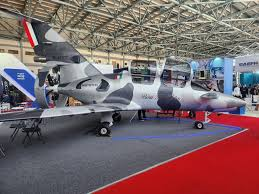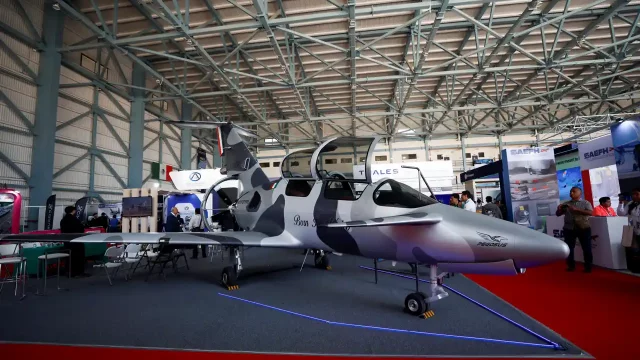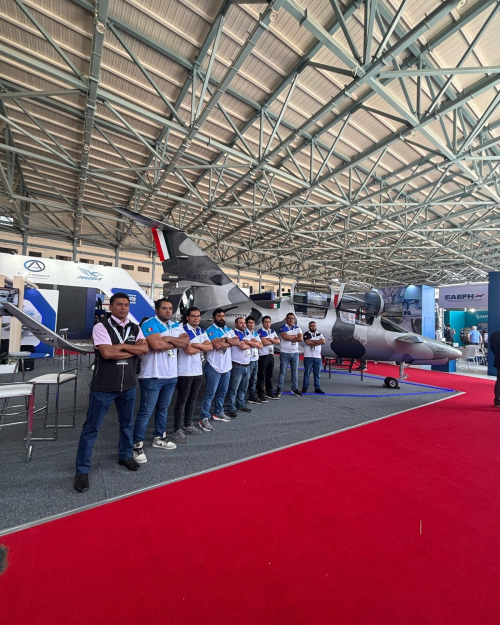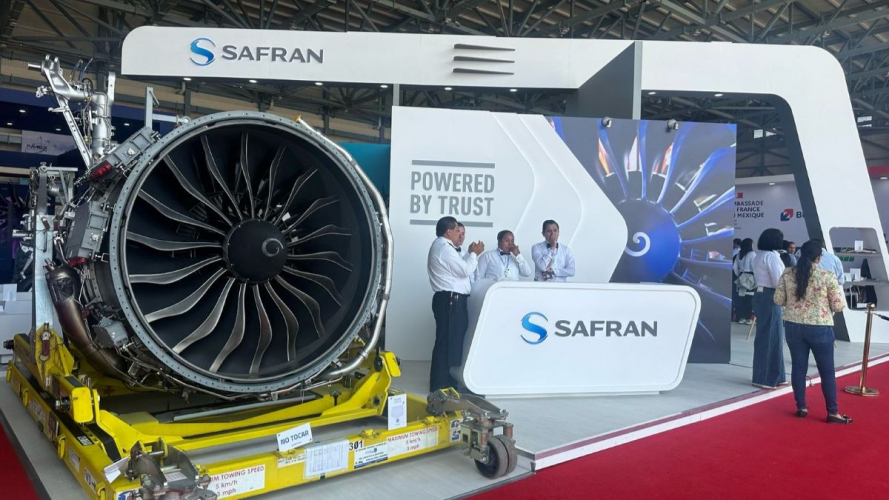F-14ATomcat
ACCESS: Secret
- Joined
- 26 May 2024
- Messages
- 454
- Reaction score
- 848
FAMEX 2025, Show Aéreo | F-35, A400M, KC-135 y más!!
View: https://www.youtube.com/watch?v=WIbmSveBpBs
View: https://www.youtube.com/watch?v=qHKug0sTC3w
Mexico City, April 25, 2025 – Leading representatives of the Mexican aeronautical industry announced the winners of the national competition to accelerate the development of Sustainable Aviation Fuels (SAF) at the FAMEX Aerospace Fair. For the 2025 edition, the three finalists were:
The team from the Yucatán Scientific Research Center in Mérida proposed producing SAF from nejayote (a residue from the corn nixtamalization process) and henequen waste using the Alcohol-to-Jet (ATJ) route. This experimental process includes the conversion of bioethanol into SAF.
The team from the National Polytechnic Institute in Mexico City proposed producing SAF from Agave angustifolia. This project demonstrated that Mexico has sufficient land available to sustain production.
The CIATEC team in Guanajuato proposed the development of an alternative technology for the production of SAFs called furans to jet (FTJ), based on the conversion of agricultural waste (corn stubble, wheat straw, sorghum bagasse, and sugarcane) into bioturbosine.
The initiative, launched in January 2024, included the participation of Aeroméxico, Airports and Auxiliary Services (ASA), the National Chamber of Air Transport (CANAERO), the Mexican Council for Aerospace Education (COMEA), the Mexican Federation of the Aerospace Industry (FEMIA), the Mexico Aerospace Fair (FAMEX), the International Air Transport Association (IATA), the International Coalition for Sustainable Aviation (ICSA), Viva, and Volaris.

 clusterindustrial.com.mx
clusterindustrial.com.mx
Mexico City, April 25, 2025 – Leading representatives of the Mexican aeronautical industry announced the winners of the national competition to accelerate the development of Sustainable Aviation Fuels (SAF) at the FAMEX Aerospace Fair. For the 2025 edition, the three finalists were:
The team from the Yucatán Scientific Research Center in Mérida proposed producing SAF from nejayote (a residue from the corn nixtamalization process) and henequen waste using the Alcohol-to-Jet (ATJ) route. This experimental process includes the conversion of bioethanol into SAF.
The team from the National Polytechnic Institute in Mexico City proposed producing SAF from Agave angustifolia. This project demonstrated that Mexico has sufficient land available to sustain production.
The CIATEC team in Guanajuato proposed the development of an alternative technology for the production of SAFs called furans to jet (FTJ), based on the conversion of agricultural waste (corn stubble, wheat straw, sorghum bagasse, and sugarcane) into bioturbosine.
The initiative, launched in January 2024, included the participation of Aeroméxico, Airports and Auxiliary Services (ASA), the National Chamber of Air Transport (CANAERO), the Mexican Council for Aerospace Education (COMEA), the Mexican Federation of the Aerospace Industry (FEMIA), the Mexico Aerospace Fair (FAMEX), the International Air Transport Association (IATA), the International Coalition for Sustainable Aviation (ICSA), Viva, and Volaris.

Líderes de la aviación mexicana anuncian los ganadores del segundo concurso de desarrollo SAF
Ciudad de México, 25 de abril de 2025 – Los principales representantes de la industria aeronáutica en México anunciaron los ganadores del concurso nacional para acelerar el desarrollo de Combustibles Sostenibles de Aviación (SAF, por sus siglas en inglés) en la Feria Aeroespacial FAMEX. Para la...
Last edited:


















